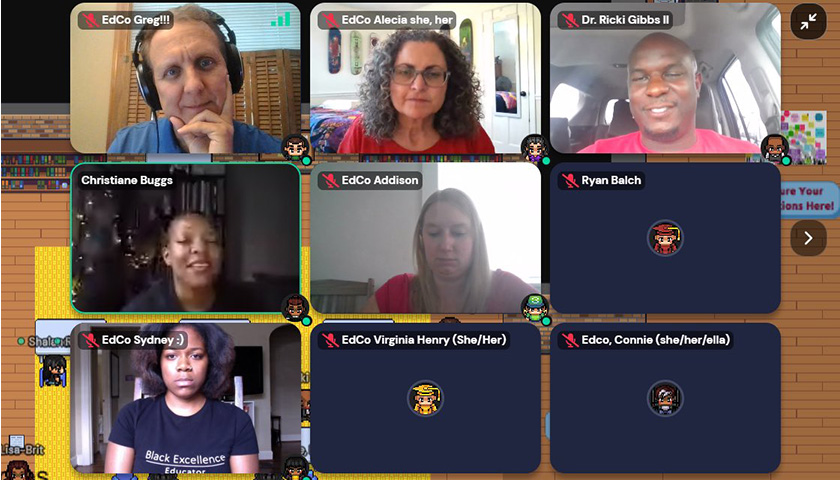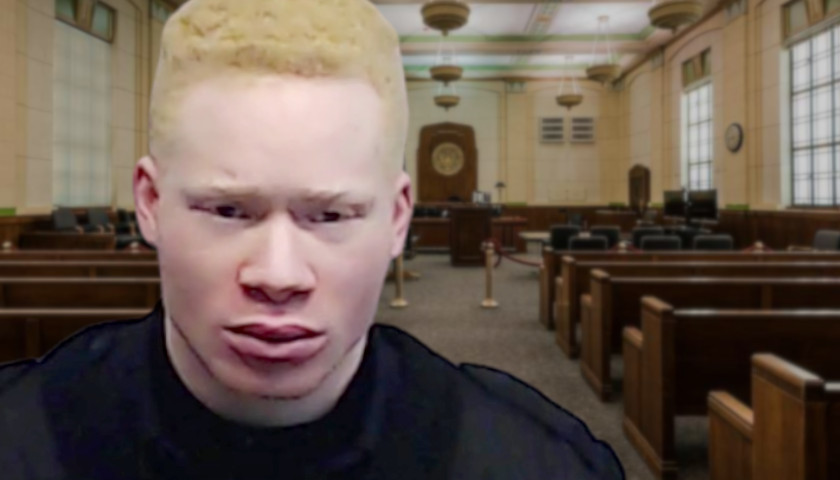On Saturday, several Metro Nashville Public School (MNPS) leaders were featured in a panel discussing anti-racist teaching, learning, and leading in the classroom. The Educators Cooperative (EDCO) hosted leaders Christiane Buggs, MNPS Board Chair, and Ashford Hughes, MNPS Diversity, Equity, and Inclusion Executive Officer as two of their four keynote panelists.
Buggs and Hughes were part of a larger EDCO conference, titled “Keeping What Works After Trying It All: A Celebration of Educator Brilliance.” Their panel specifically focused on a follow-up to the EDCO series, “Antiracist Teaching, Learning, and Leading from the Classroom.” The goal of their keynote panel on Saturday was to review educator progress on assumptions and practices that either build up or detract from culturally responsive classrooms. EDCO identified Buggs and Hughes as leaders in equitable education.
Wrapping up our Collective Conference with a powerful conversation about Antiracist Teaching, Learning, and Leading from the Classroom featuring @buggsforschools, Elois Freeman, @Principal_Gibbs, & @ashfordhughes! #educatorscooperative #forteachersbyteachers #EdCoWorks pic.twitter.com/2Lm8Xx6Oio
— EducatorsCooperative (@Ed_Cooperative) July 10, 2021
“The community leaders on today’s panel are committed to the development of a path forward that undoes the harm of white supremacy culture and serves teachers and students thoughtfully, creatively, and sustainably in culturally responsive classrooms and schools,” read the panel description. “They don’t have the answers. None of us have the answers. Together, we are creating answers and solutions as we listen, read, confer, collaborate, and forge a path forward together.” (original emphasis included)
[wonderplugin_pdf src=”https://thestarnewsnetwork.com/wp-content/uploads/2021/07/MURDOCK_EdCo-Collective-Conference-Program-21.pdf” width=”100%” height=”600px” style=”border:0;”]
Prevalent anti-racist thought leaders define white supremacy culture as certain traits, such as: perfectionism, sense of urgency, defensiveness, quantity over quality, worship of the written word, only one right way, paternalism, dualism, power hoarding, conflict avoidance, individualism, progress is always good, objectivity, and “right to comfort.” Collectively, these traits promote “white supremacy thinking” – which they claim can be present in any race – which in turn establishes the “systemic, institutionalized centering of whiteness.”
MNPS told The Tennessee Star last month that they don’t plan on implementing critical race theory in classrooms. Critical race theory and anti-racism are normally interrelated: critical race theory serves as a perception, whereas anti-racism serves as both a catalyst for change and an end goal.
The former asserts that this country was founded on and continues to function through racism; the latter demands actions like teaching American history that better reflects African American history, and discussing race in the classroom.
– – –
Corinne Murdock is a reporter at The Tennessee Star and the Star News Network. Follow her latest on Twitter, or email tips to [email protected].
Photo “Collective Conference” by EducatorsCooperative.









Any conference with “Collective” in the title and hammering away at “suppressed guilt” is a Marxist front.
MNPS is not only failing to educate our children, it is close to committing child abuse with its social justice agenda.
need to clean house at metro schools.